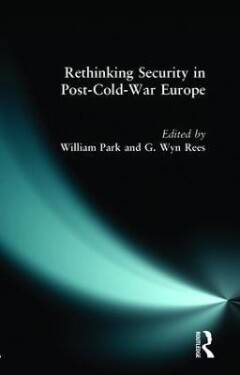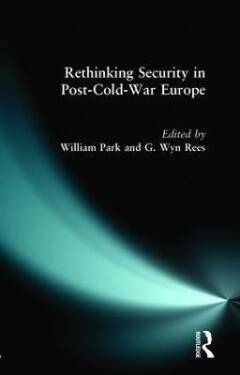
- Afhalen na 1 uur in een winkel met voorraad
- Gratis thuislevering in België vanaf € 30
- Ruim aanbod met 7 miljoen producten
- Afhalen na 1 uur in een winkel met voorraad
- Gratis thuislevering in België vanaf € 30
- Ruim aanbod met 7 miljoen producten
Zoeken
€ 106,95
+ 213 punten
Uitvoering
Omschrijving
Provides a survey of the principal items on the agenda following the end of the Cold War, focusing upon the institutions and regions where the reconsideration of security issues has been particularly profound. The book is organised into three main sections: the first examines the changed roles of the main security institutions which have survived the Cold War; NATO, the European Union/Western European Union and the Organisation for Security and Cooperation in Europe. The second analyses the Central European countries, Russia and States of the former Soviet Union in terms of their ideologies, political structures and relationships of the Cold War period. Lastly the text examines the northern and southern regions of Europe where quite different perspectives and agendas are concerned.
Specificaties
Betrokkenen
- Auteur(s):
- Uitgeverij:
Inhoud
- Aantal bladzijden:
- 190
- Taal:
- Engels
Eigenschappen
- Productcode (EAN):
- 9780582303768
- Verschijningsdatum:
- 1/05/1998
- Uitvoering:
- Paperback
- Formaat:
- Trade paperback (VS)
- Afmetingen:
- 138 mm x 216 mm
- Gewicht:
- 244 g

Alleen bij Standaard Boekhandel
+ 213 punten op je klantenkaart van Standaard Boekhandel
Beoordelingen
We publiceren alleen reviews die voldoen aan de voorwaarden voor reviews. Bekijk onze voorwaarden voor reviews.











